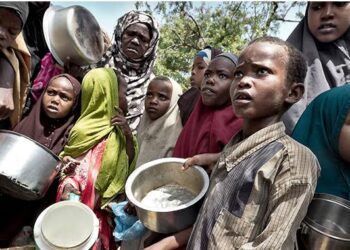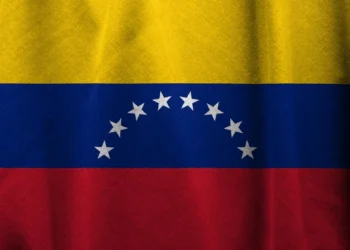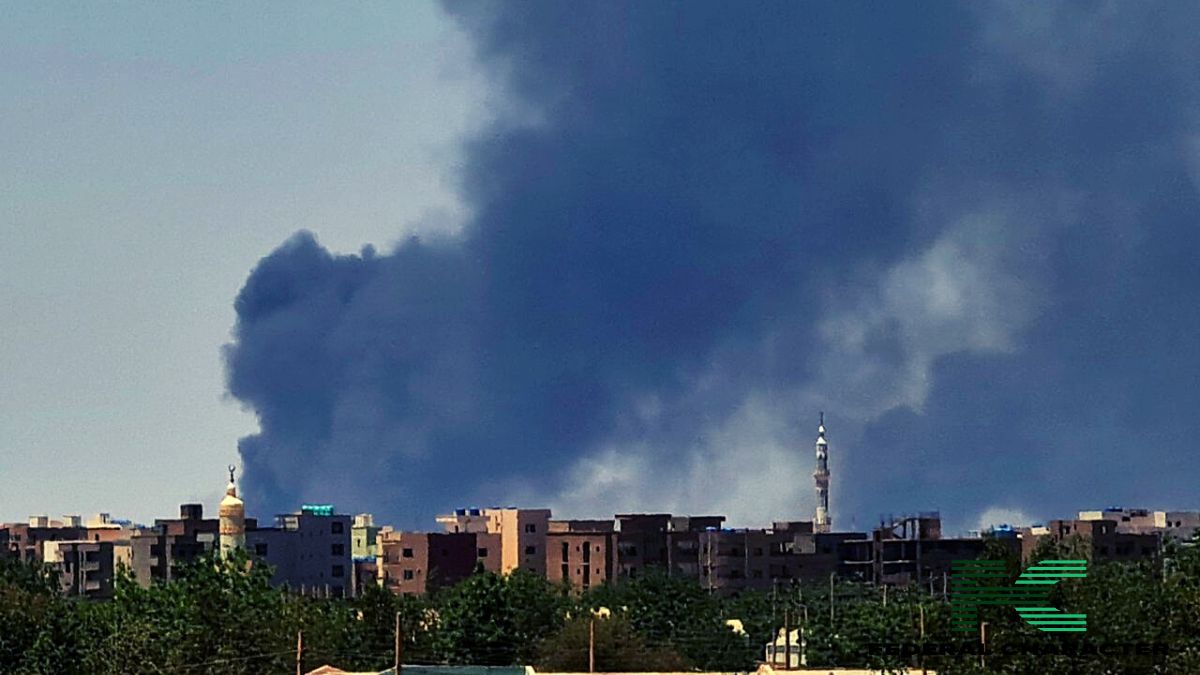Millions in Sudan are facing starvation as the conflict between the military and rebel forces intensifies. A recent report by the Integrated Food Security Phase Classification (IPC), a global hunger monitoring group, warns of a frightening possibility: famine in 14 areas across the country.
This would be the worst hunger crisis in the world, according to the World Food Programme (WFP). The IPC report highlights a significant deterioration in food security since December 2023. The number of people facing hunger is expected to reach 25.6 million, more than half of Sudan’s population, by September.
What’s Behind the Crisis?
The ongoing war, which erupted in April 2023, is the primary driver of this hunger crisis. The heaviest fighting is concentrated in Darfur, Kordofan, El Gezira state, and the capital Khartoum. This violence has displaced millions within Sudan and triggered ethnic clashes in Darfur.

The report indicates that nearly 8.5 million people, or 1 in 5 Sudanese, are already experiencing food shortages. This can lead to severe malnutrition, death, and desperate measures like consuming leaves and soil. A previous Reuters report even revealed cemeteries expanding rapidly, a grim sign of the escalating crisis.
Risk of Famine Looms Large
The IPC classifies hunger situations in phases, with Phase 5 being the most severe. This phase has two levels: “Catastrophe” and “Famine.” The report warns that Sudan could face famine if the fighting worsens and local militias become involved.
Famine is declared when at least 20% of the population faces extreme food shortages, childhood malnutrition is severe, and daily deaths from starvation or malnutrition-related diseases reach a critical threshold. In the past 20 years, famine has only been declared twice – in Somalia (2011) and South Sudan (2017).
The IPC and WFP are urging immediate action to prevent a famine. WFP Director Cindy McCain stressed the urgency, stating, “For each person we have reached this year, another eight desperately need help.”
Foreign Involvement and Who’s to Blame?
The UN pointed fingers at foreign governments supporting both sides of the conflict, accusing them of being complicit in the hunger crisis. The UN claims these governments are hindering humanitarian efforts by blocking, stealing, and manipulating aid deliveries. Both warring factions deny these accusations.
The UN is urging international support for local aid groups who are risking their lives to deliver assistance across battle lines.

















